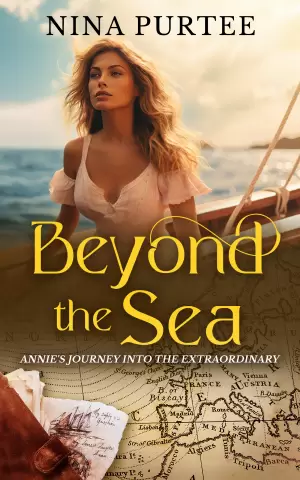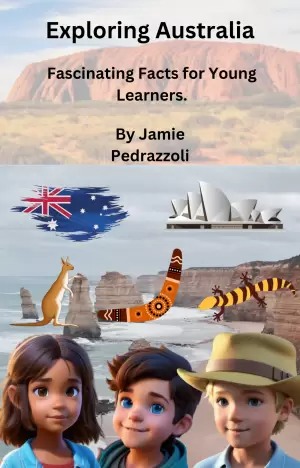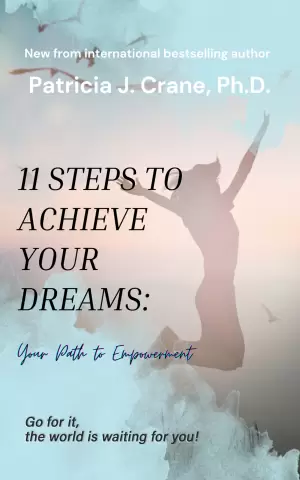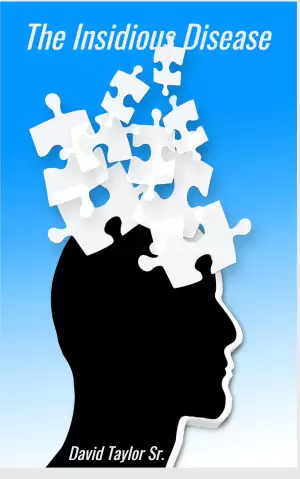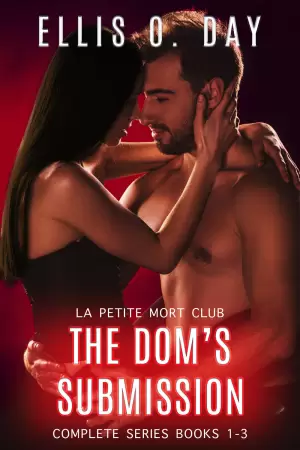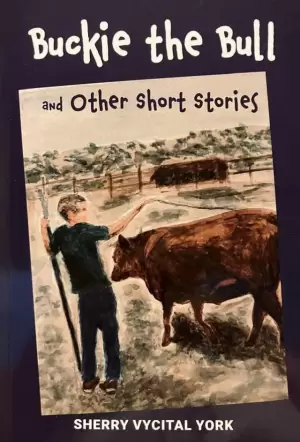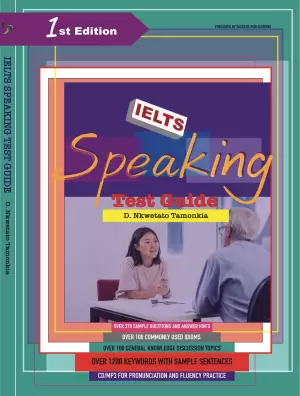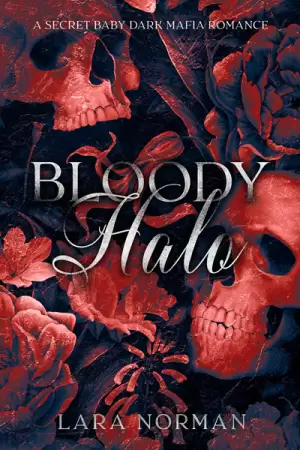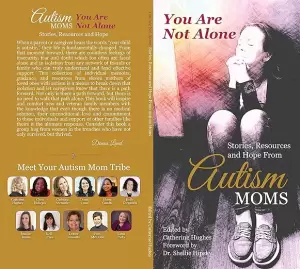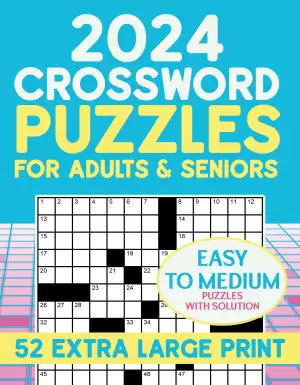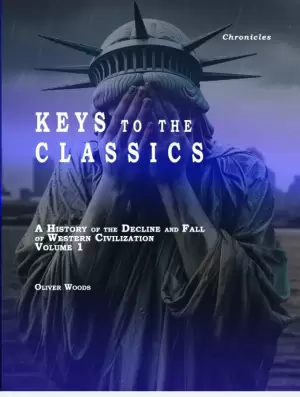My thoughts on YA and why I love it.
I’m sure by now you have all read the Wall Street Journal article ’Darkness Too Visible’ that complains of contemporary teenage fiction of being ‘rife with explicit abuse, violence and depravity.‘ The YA community was of course, all over it and within hours people were posting up their own stories and experiences of how YA has helped them through difficult times in their lives (search for #YAsaves on Twitter to see the thousands of responses this article has sparked). Many of them tell how YA fiction saved their lives. A lot of them brought tears to my eyes.
I’m not going to attempt to stand alongside these moving, courageous and inspiring posts, but I did have a few thoughts I wanted to share (hopefully without sounding too preachy).
I strongly believe that censorship, of any book, is wrong and that to pull these types of books – the ones that deal with dark, painful, frightening, difficult and taboo subjects – off the shelves, would be doing a huge disservice to the younger generation.
If you believe that everyone below the age of 18 lives in a bubble where peer pressure, sexuality, drugs, physical and mental abuse, disorders, bullying, sexual assault, homophobia, and racism doesn’t exist, then it is you who is living in a bubble. A nice naive pocket of air. Teenagers encounter these issues every day, whether it is first or second-hand; on the news, in our schools, and too often, in their own homes. Life is hard. For some teenagers – it can be unbearable. Denying those young adults a safe place where they can find support, understanding, hope and the courage to seek help for themselves, or a friend in need, is, to put it frankly, shameful. Reading an honest account of a young girl who cuts herself is not going to make hoards of young girls out there suddenly start experimenting with cutting – but it might well help some of them who are going through a similar situation to feel less alone.
And the thing is – there is such a diverse range of YA literature out there. It is a category that encompasses books for 12 year olds right through to 18, and increasingly, beyond that. Not every book is going to be suitable for every age range and every young reader – nor should it be. So if you’re lost on what to buy your 13-year-old daughter to read, ask. Talk to librarians, booksellers, authors, book bloggers. Find out what’s out there – because I can promise you, there are many, many well written, thought-provoking, intelligent and entertaining books out there on every topic imaginable. YA fiction is so much more than just the paranormal bookshelf. Talk to your kids. Find out what they thought after reading a book that deals with one of these difficult issues. Ask them how it made them feel.
I can still remember with clarity, the first time I truly grasped the ignorance, evilness and danger of intolerance and hatred, after reading Noughts and Crosses by Malorie Blackman as a very young girl. Books are an important part of our lives and can help shape us into the people we are. The best ones instill in us a sense of right and wrong. Many, many people and experiences have contributed to who I am today, but I can still trace that initial spark of anger, that sense of injustice that people could treat others so appallingly simply because they are different, back to that book.
So who do you want your children to be?
And no – not every teenager needs a ‘dark’ book to help them cope with the world. But every single one of them should read them nevertheless. And maybe tomorrow, after reading one of these ‘depraved’ books, a kid may stand up to some bullies on the playground, or hold a friend’s hand as they finally confide in someone about the abuse they are suffering at home. Or just feel great about themselves because they spent an hour or two lost in a wonderful, magical, fun world.
These are our future teachers, parents, doctors, lawyers, politicians, neighbours, family and friends. What kind of people do we hope they will be? Because what Ms Gurdon has failed to grasp is that these books aren’t written to damage children, to promote violence for the sake of violence, to entice young readers into experimenting with sex and drugs, to scare them with what could be waiting out there for them in the big bad world. They are about loosing yourself for an hour or two. About reaching out to those who need it. They are stories about overcoming evil in all it’s forms. Stories of survival and freedom and equality. Stories that tell us to stand up for others. Stories of friendship, compassion and love. Stories about hope.
What a truly inspiring and wonderful message to send out to young minds.
Read just a few of the reactions to the WSJ article here:
- Bookalicious
- Cheryl Rainfield (whose book Scars was one of the YA novels singled out in the article)
- Inara Scott
- Mad in Woman in the Forest
- Persnickety Snark
- Roofbeam Reader
- Speakeasy
- The Reading Zone
- Word for Teens

